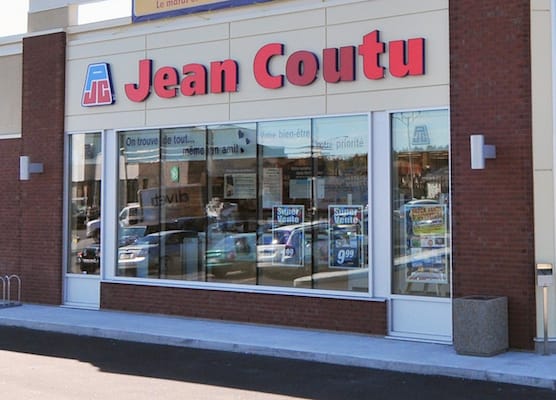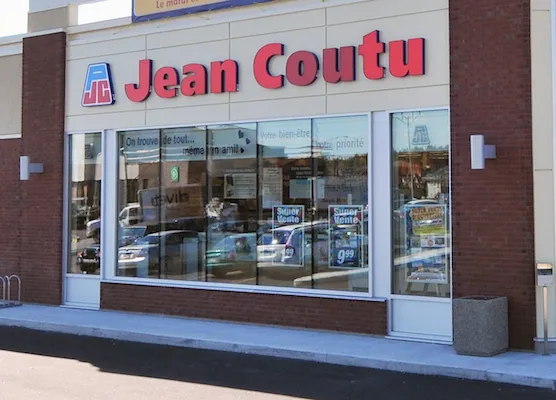MONTREAL — The Jean Coutu Group is the target of a class-action suit filed by a group of its franchisees seeking to recover $252 million in royalties.
In a brief statement, Coutu said that it plans to challenge the action. “The Jean Coutu Group Inc. confirms that it has received a copy of the class-action proceedings launched against the Jean Coutu Group and filed by a group of pharmacist-owners operating under the banner Jean Coutu,” the company stated. “The Jean Coutu Group intends to contest this action and present its arguments in the context of these legal proceedings. No other comments will be issued until then.”

The lawsuit was filed in the superior court of Quebec in Montreal on behalf of 284 individuals representing 306 franchises in the province. According to Sopropharm, a Montreal-based nonprofit organization representing the majority of pharmacist-owners operating under the Jean Coutu banner, the company has overcharged stores for franchisor services during the past four years.
And according to the Financial Post, the suit contends that Coutu’s owner-franchisees have been overpaying the company for a range of services it provides, including advertising, circulars and branded plastic bags.
A statement issued by Sopropharm claims that the difference between the value of the services provided by Coutu and the amounts paid to it have resulted in a “significant financial imbalance” that deprives the owner-franchisees of valuable financial resources.
Peter Sklar, an analyst with BMO Capital Markets, told the Financial Post that the suit was unlikely to succeed because Coutu charges a royalty rate of about 3% on its franchisees’ sales, which he said is low compared with those charged by other Canadian franchisors.
“Although Sopropharm has commissioned an independent report showing the amount of royalties paid by pharmacist-owners far exceeds the value of services rendered by Jean Coutu, we suspect that Jean Coutu could commission a credible report that would reach the opposite conclusion,” Sklar wrote in a note to investors.
Overall, Jean Coutu Group’s retail network has 420 franchised stores in Quebec, New Brunswick and Ontario under the PJC Jean Coutu, PJC Clinique, PJC Santé and PJC Santé Beauté banners.
Sklar acknowledged that the suit may be a symptom of underlying tension in the relationship between Coutu and its owner-franchisees, particularly in the context of growing concerns regarding the financial impact of ongoing health care reform measures in Quebec. The provincial government intends to introduce a system that will give certain generic drug manufacturers exclusive rights to produce specific medications based on bids tendered.
The Association québecoise des pharmaciens propriétaires, which represents approximately 1,930 pharmacist-owners in the province, has argued that the program will probably result in low-cost manufacturers in India or China submitting the winning bids, thereby hurting local drug manufacturers and raising costs for pharmacies.
Coutu operates its own generic manufacturing unit, Pro Doc Ltd., which generated sales of $201.9 million (Canadian) in fiscal 2016. The generics unit contributed $90.8 million, or 27.4%, to the company’s operating income before amortization, which totaled $331.3 million for the year.









